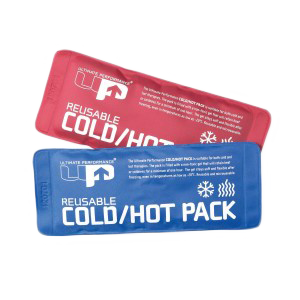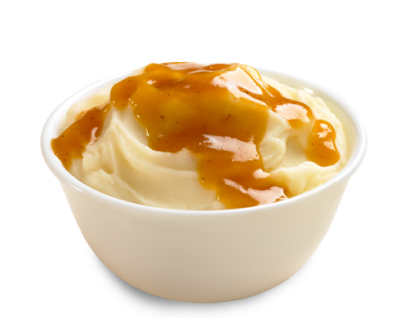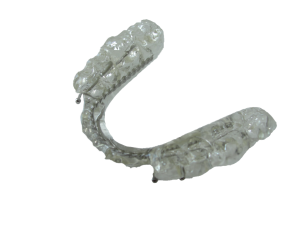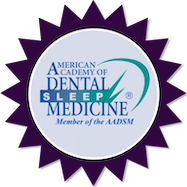TMJ Pain Treatment in Greensboro, NC
TMJ treatment options vary based upon the level of pain and discomfort your current symptoms are causing. If your TMJ symptoms are not interrupting your day-to-day activities and the pain can be described as a one or three on a ten-point scale, then the condition is often manageable through patient self-care. When it comes to self-care, here are some treatment options that might help with your temporomandibular joint disorder (TMD) commonly known as TMJ.
Lifestyle change and other solutions for TMJ
For starters, an ice pack or cold compress can help. Apply the ice or cold compress to the affected area for about 10 to 15 minutes. This will reduce the swelling and inflammation associated with TMJ. You can also apply moist heat to the area for another 10 to 15 minutes to improve circulation to the area and reduce pain.
Another option is stretching exercises. Talk to your doctor or physical therapist to learn more about stretches that can help reduce tension in the jaw. If performed as prescribed, the exercises help stretch the muscles of the jaw to relieve unnecessary muscle tension caused by TMJ.
When eating, try to choose soft, small foods. If you choose foods that don’t require much chewing it will be easier to eat than larger foods that are hard, crunchy or chewy. Look to soup, scrambled eggs, yogurt, beans and cooked, diced fruits and vegetables, among other options. The easier it is to eat, the less stress it causes your jaw.
- Over the counter pain relievers can also help minimize the pain and reduce inflammation. If needed, a doctor can prescribe stronger pain medications for TMJ, so keep in contact with your physician throughout the process. Prescription muscle relaxants can also aid patients who grind their teeth. These medications help to relax the jaw muscles.



Look to oral appliance therapy for TMJ
If you have made extensive crown or bridge work and orthodontic updates, it may not improve symptoms. In fact, it can actually worsen TMJ or TMD symptoms. However, if the cause of your pain is due to teeth grinding or clenching, then a night guard can be worn while you sleep to prevent further damage. While clenching or grinding cannot be stopped, the oral appliance can help to prevent wear and tear on your teeth. The goal for treatment is that TMJ symptoms are minimized or completely reduced.
Additionally, if your TMJ condition is extremely intrusive and painful, then more invasive treatment options might be required. However, it is important to take all factors into account before deciding on surgery or another invasive solution. Surgery is often irreversible and remains controversial for the treatment of TMJ.
It is important to contact Dr. Fuller to learn more about TMD and what treatment options are available to help manage your pain and symptoms.
Contact Us Today
Our Hours:
Monday: 8am-5pm
Tuesday: 8am-5pm
Wednesday: 8am-5pm
Thursday: 8am-2pm



